555 Questions in Veterinary and Tropical Parasitology 555 Questions in Veterinary and Tropical Parasitology Hany M. Elsheikha, BVSc, MSc, PhD, Frsph, Pgche, Fhea, DipEVPC Faculty of Medicine and Health Sciences, University of Nottingham, UK Xing-Quan Zhu, BVSc, MVSc, PhD State Key Laboratory of Veterinary Etiological Biology, Lanzhou Veterinary Research Institute, Chinese Academy of Agricultural Sciences, The Peoples Republic of China  CABI is a trading name of CAB International
CABI is a trading name of CAB International
| CABI | CABI |
| Nosworthy Way | 745 Atlantic Avenue |
| Wallingford | 8th Floor |
| Oxfordshire OX10 8DE | Boston, MA 02111 |
| UK | USA |
| Tel: +44 (0)1491 832111 | Tel: +1 (617)682-9015 |
| Fax: +44 (0)1491 833508 | E-mail: cabi-nao@cabi.org |
| E-mail: info@cabi.org |
| Website: www.cabi.org |
Hany M. Elsheikha 2019. All rights reserved. No part of this publication may be reproduced in any form or by any means, electronically, mechanically, by photocopying, recording or otherwise, without the prior permission of the copyright owners. A catalogue record for this book is available from the British Library, London, UK.
ISBN-13: 978 1 78924 234 8 (paperback) 978 1 78924 235 5 (ePDF) 978 1 78924 236 2 (ePub) Commissioning Editor: Alexandra Lainsbury Editorial Assistant: Emma McCann Production Editor: Shankari Wilford Typeset by SPi, Pondicherry, India Printed and bound in the UK by Severn, Gloucester Contents
Hany M. Elsheikha, BVSc, MSc, PhD, FRSPH, PGCHE, FHEA, DipEVPC
Hany is an Associate Professor, University of Nottingham, UK. He earned his PhD in Molecular and Evolutionary Parasitology from Michigan State University. In 2005, he was awarded the National Center for Infectious Diseases (NCID), Centers for Disease Control and Prevention (CDC) Postdoctoral Fellowship. Dr Elsheikha has contributed more than 250 research articles, primarily related to parasite biology and control. He has served on the editorial board of numerous peer-reviewed journals and has lectured at universities and conferences throughout the world.
He is the author or editor of four textbooks. Also, he is a diplomate of the European Veterinary Parasitology College, a member of the European Scientific Counsel of Companion Animal Parasites UK & Ireland, a Fellow of the Royal Society of Public Health, and a Fellow of the Higher Education Academy. Since 2007 he has been at the University of Nottingham, where he established the veterinary parasitology curriculum from its inception.
Xing-Quan Zhu, BVSc, MVSc, PhD
Xing-Quan is Professor and Head of Department of Parasitology, State Key Laboratory of Veterinary Etiological Biology, Lanzhou Veterinary Research Institute, Chinese Academy of Agricultural Sciences, The Peoples Republic of China. He obtained his PhD and acquired postdoctoral training in Molecular Parasitology from the University of Melbourne, Australia. Between 2002 and 2010, Prof.
Zhu taught veterinary parasitology in South China Agricultural University. He serves as a Subject Editor for Parasites & Vectors and a Section Editor for Parasitology Research. He also serves on the editorial boards of Trends in Parasitology, Veterinary Parasitology, Experimental Parasitology and Journal of Helminthology. He has published more than 300 articles in well-regarded international journals. Parasitology is a large and important branch of life science, and as such covers a large amount of the knowledge tested in the undergraduate and specialty board examinations. In recent years, this field has undergone a tremendous expansion of knowledge, with significant advances in the diagnosis and control of parasitic diseases.
It is therefore important to provide a convenient and current source of information for those interested in learning, revising and assessing their knowledge in parasitology. This was the motivation to produce the first edition of the 555 Questions in Veterinary and Tropical Parasitology. Our aim was to provide essential information in a concise and intellectually stimulating manner in order to engage the readers with the content. This book includes 555 questions, representing some of the most important parasites parasitologists have ever known as well as those parasites that are neglected. The questions cover a wide range of topics about parasite biology, epidemiology, diagnostics and management, and encompass both basic parasitology concepts and skills, through to advanced topics such as evidence-based parasitology. The answers are provided for all questions at the end of each section, with additional comments or explanation, when necessary, to assist with understanding and learning about the topic and not just checking if the answer is right or wrong.
We hope that you will find the questions useful in your revision and wish you good luck in your study and examination. Parasitology will always be a fascinating subject; the readers will find that there is much more to learn about parasitic diseases than what they already know. It is hoped that this book serves all parasitology trainees as a source of practice questions and a rapid review of the subject. Hany M. Elsheikha and Xing-Quan Zhu The authors wish to acknowledge the support of many colleagues and students who provided constructive feedback during the production of this book. This book includes five sections, where each section contains a certain type of questions.
There are 555 questions categorized into: 250 multiple choice questions, 100 matching questions, 100 fill-in-the-blank questions, 50 true/false questions, and 55 image-based questions. While some of the questions test knowledge, we have also tried to assess understanding and decision-making skills.
Multiple Choice Questions (MCQs)
The use of MCQs is common in formative and summative examination. MCQs are composed of one question (stem) with multiple possible answers, including the correct answer and several incorrect answers (distractors). One correct answer must be selected from possible responses to the stem. Some of the MCQs are ordering questions, where readers select the correct order of a series of items.
For example, some questions include a list of events of the parasites life cycle and the readers choose the answer that places these events in the correct chronological order.
Matching Questions
With extended matching questions (EMQs), there is a theme for each question. This can be about parasite agents, diseases, diagnostic tests or treatment options. Also, there will be a list of ten possible answers, called Options, marked AJ. In the cross matching questions readers are provided with two lists, denoted as column A and column B.
Fill-in-the-blank Questions (FIBs)
The FIB questions consist of a phrase or a sentence with one or more blank spaces where the reader provides the missing word(s).
Fill-in-the-blank Questions (FIBs)
The FIB questions consist of a phrase or a sentence with one or more blank spaces where the reader provides the missing word(s).
FIB-type questions differ from the other question types in that they are more objective and demand recall skills, making them a useful tool to assess acquisition and retention of knowledge.
True or False Questions
In this format of questions, readers choose true or false in response to a statement question.
Image-based Questions
With this question type the readers are presented with an image and then asked to identify particular structures as the answer. Also, we have included some illustrations to assess key morphological features of the parasites or key stages in their life cycles.
Next page

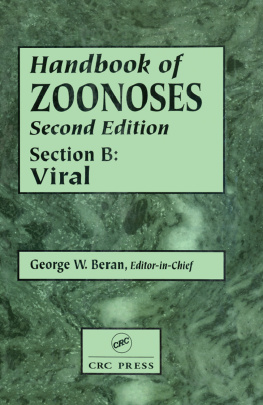
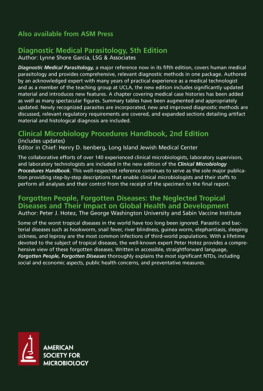
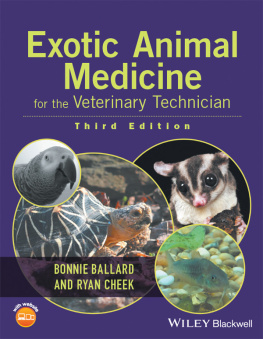
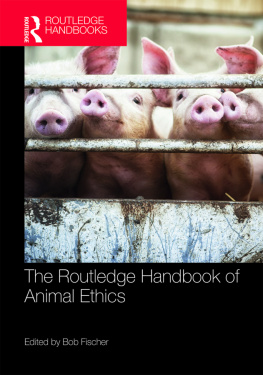
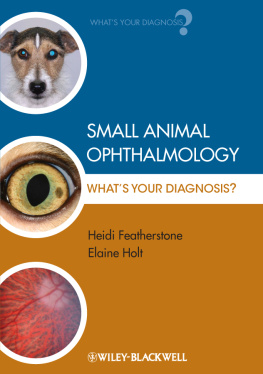
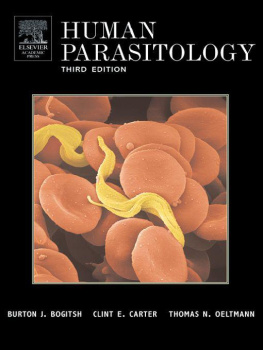
 CABI is a trading name of CAB International
CABI is a trading name of CAB International